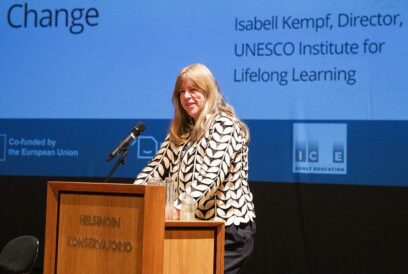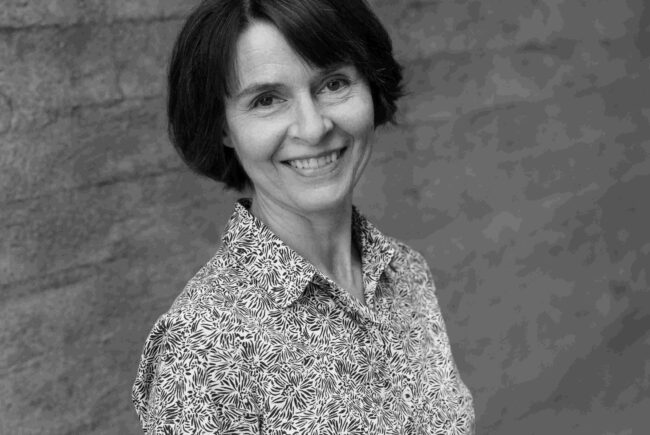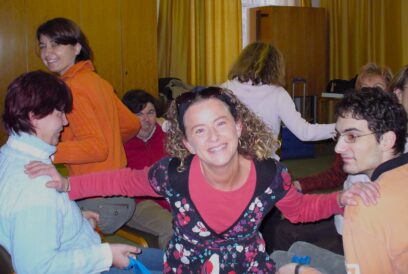

Be true to your core competences, but don’t forget the open mind. The text is an editorial written for issue 2/2023 on Redefining Skills and Competences.
Some blame me for superfluous optimism. I don’t care. Sure, pessimists don’t get disappointed, but they also lack the inspiring and delicious thoughts of what might be coming – which fuels the imagination.
I guess the best case would be somewhere in the middle, feet on the ground but eyes on the horizon. This is also a good posture in today’s world, in the midst of continuous changes.
With every change, we need to adapt. Climate change has made us change our consumer behaviour, the development of ICT has changed our understanding of presence and distance, war in Europe our sense of security. On top of these come changes in working life. We need to constantly position ourselves according to the needs of the occupational field. Sounds exhausting?
With every change, we need to adapt.
It doesn’t need to be, as long as you keep your feet on the ground. Somewhere deep and down are your personal core competences, which form the basis for both life and vocational skills. These are the same competences that have probably guided an individual to educate himself in a particular field in the first place.
Identifying and reinforcing these core competences, be they a specific vocational skill, critical thinking or emotional knowledge, pays off, as they form the foundation for your ability to meet changes and adapt to them.
IN THIS ISSUE of Elm Magazine, we address questions of skills and competences. What kind of skills will we need for the future? Are new definitions of essential skills and competences needed? Is there a risk of competence overkill?
In an interesting interview written by Sara Pasino, ESREA’s Marcella Milana stresses the importance of life skills and that an adult learner must also be seen as a parent and a citizen. Life skills are also acknowledged in the project HOPE in the Balkans. In his article, Goran Jordanoski interviews Nikolina Garača on a project that is helping women to identify their competences gained through coping with challenges in their life.
What about transversal skills? How to make them visible? This topic is covered by Maarit Ritvanen in her interview with Maurice De Greef on his work on soft skills in the project TRANSVAL-EU.
Finally, we look into the future: what kind of skills shall we need? No doubt, skills related to AI is one of the answers. A leading computer science and information technology professor Matti Tedre explores the theme in an interview written by Katja Pantzar.
WHILE KEEPING your feet on the ground, however, you need to scan possible future changes to be able to proactively find ways to react to them, that is, to develop yourself. That’s why it’s good to keep your eyes on the horizon. Moreover, a hint of optimism won’t do any harm. A positive and open mind may lead up new, rewarding paths in lifelong learning.
Author






